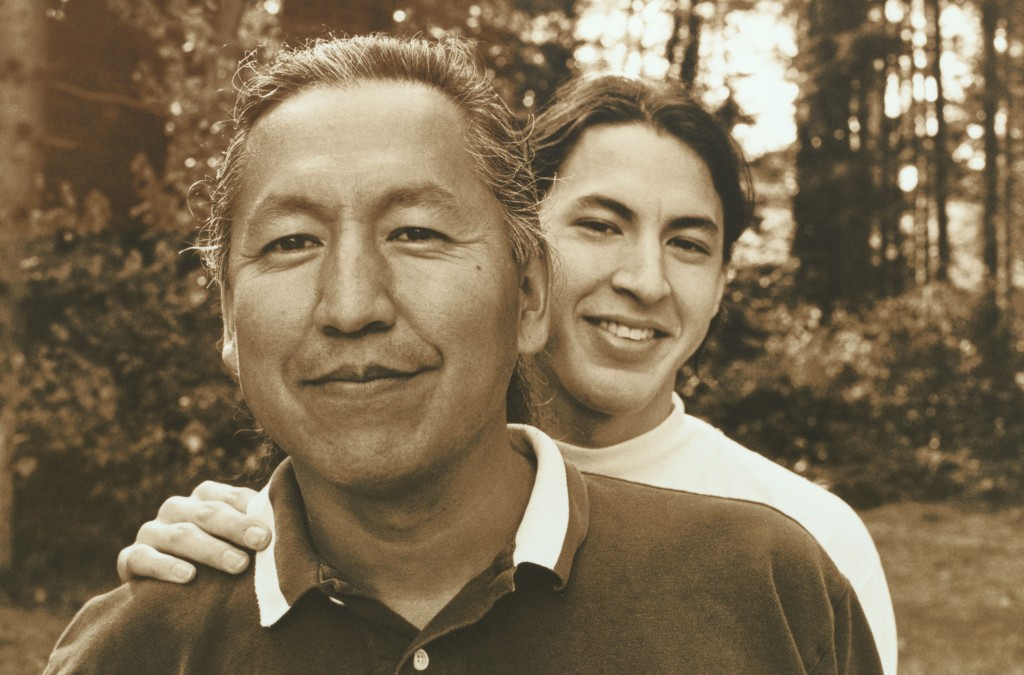More Resources for Parents
iwannaknow.org: ASHA’s website designed for teens and young adults. The site offers comprehensive information on sexually transmitted infections and sexual health issues, from risk prevention to healthy relationships, geared toward a younger audience.
AMAZE uses digital media to provide children, adolescents, their parents and educators with medically accurate, affirming, and honest sexual health information along with free, engaging resources including age-appropriate animated videos for adolescents 10-14.
KidsHealth.org: The award-winning KidsHealth comes from Nemours, one of the largest nonprofit organizations devoted to children’s health.
Answer: Answer is a national organization dedicated to providing and promoting comprehensive sexuality education to young people and the adults who teach them.
Advocates for Youth, Parents Sex Ed center: Information and resources to begin talking with your children about sex. Includes sections on Growth and Development, Getting Started: Helping Parents and Children Talk, Other Important Topics in Sex Education and Advice from Parenting Experts.
Tools for Parents from Planned Parenthood. Offers advice to parents on talking to kids about sex and sexuality, setting healthy boundaries, and parenting LGBT and questioning kids.
There’s no place like home . . . for sex education: From Planned Parenthood of Southwestern Oregon, There’s no place like home offers advice for parents on talking about sexual health, with specific information tailored for ages 3-18.(Note: There’s No Place Like Home for Sex Education is currently being updated. The revised English version should be available in late December, 2014.)
Be an Askable Parent and The Askable Parent’s Guide to Adolescent Health Care: These two publications from ASHA offer information and advice on talking to your children about sex and sexuality and what to expect at the health care provider during adolescence.
